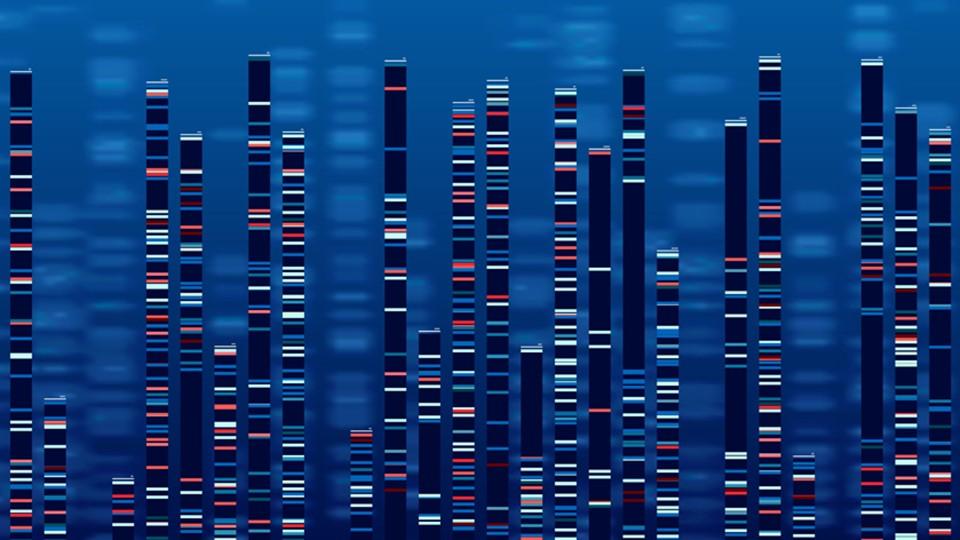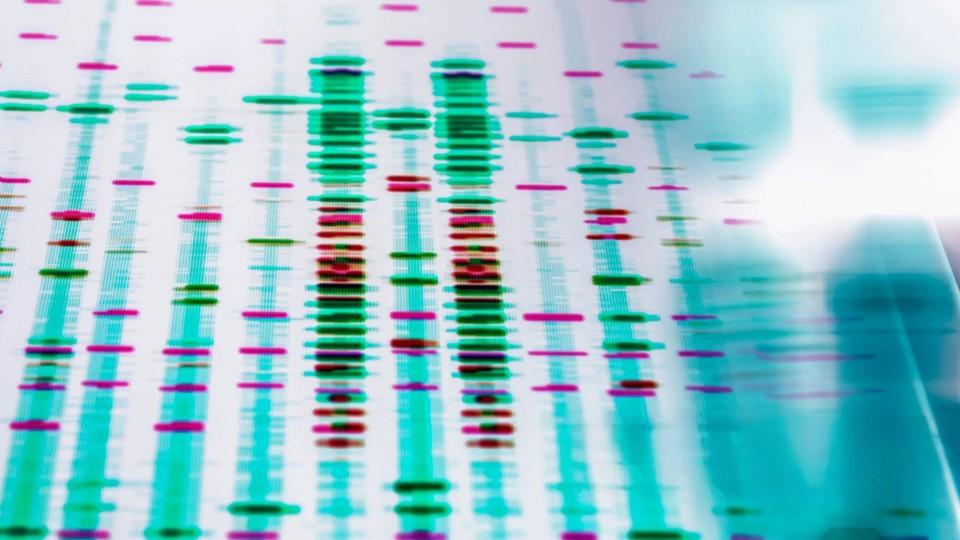UK study backs whole-genome screening for cancer care

A major new study in the UK has shown that combining whole-genome sequencing (WGS) and real-world clinical data at a national scale can help deliver tailored, personalised cancer therapy.
The trial – said to be the largest of its kind – drew on the UK’s 100,000 Genomes Project and NHS records and has already led to calls for greater use of genomic testing in cancer care, as it can help select effective therapies for patients and avoid those more likely to cause serious side effects.
Researchers from Genomics England, NHS England, Queen Mary University of London, Guy’s and St Thomas’ NHS Foundation Trust, and the University of Westminster analysed data from more than 30 types of solid tumour in 13,000 patients over a five-year period.
Published in the journal Nature Medicine, the study showed various benefits of including WGS data from a simple blood test when assessing patients; for example, revealing that 90% of brain tumours and more than 50% of colon and lung cancers have genetic changes that could affect how patients are treated.
It shows that investment should be made in national infrastructure to generate clinical and genomic data at scale on consenting NHS patients, as this “precision oncology” approach will allow researchers to uncover insights to drive improved diagnosis, care, and treatment for patients with cancer, say the authors of the study.
“This study shows how we can transform cancer care from a ‘one size fits all’ approach into precision healthcare,” said Professor Sir Mark Caulfield of Queen Mary University, one of the lead investigators.
It “defines specific genomic signatures that predict treatment response and outcomes, which may usher in expanded use of whole genomes for cancer care,” he added.
Other findings included that 10% of ovarian cancers have an inherited component and a similar proportion of sarcomas have large DNA mutations called structural variations, both of which have implications for clinical care.
Professor Trevor Graham of The Institute of Cancer Research - who was not directly involved in the study, but is involved with Genomics England - said the research “shows us, at a tremendous scale, just how important the detection of genetic changes in a cancer is for determining patient outcomes, and for determining which treatments will work for an individual patient.”
A single WGS test could replace “a multitude of tests and could be a simpler, faster, and eventually cheaper way to make decisions about treatments,” he added.
“However, we will need to be training staff to ensure there is adequate resource, as genomics and bioinformatics expertise will be essential within hospital teams to carry out and implement the results of these tests.”
Another factor that should be considered, however, is whether treatments are available for whatever genomic change is identified using WGS, commented Professor Andrew Sharrocks of the University of Manchester.
“If there are none available, then having all this information becomes a bit pointless,” he said. “It might be more beneficial to just assay the things that are known to influence treatment options, which would be cheaper (by targeted sequencing, for example), and much easier to implement in terms of data analysis, etc.”
Prof Sharrocks also pointed out that not all the critical events in cells that lead to cancer are caused by DNA changes, so “additional studies at the epigenetic or protein level, for example, might be important for enhancing any personalised treatment regimes.”













